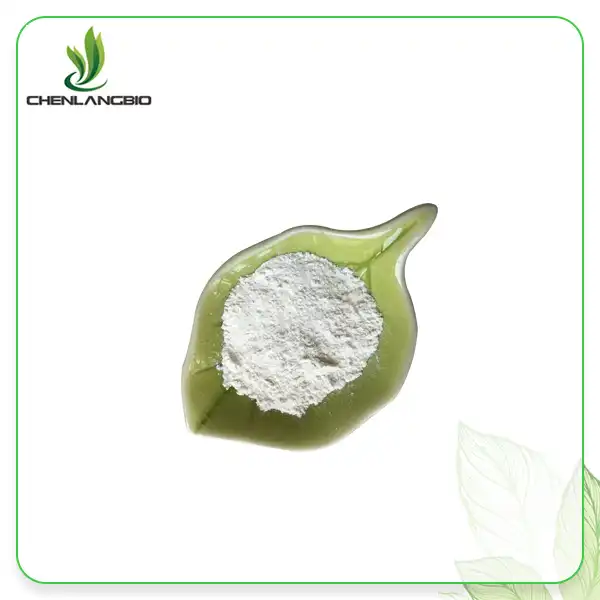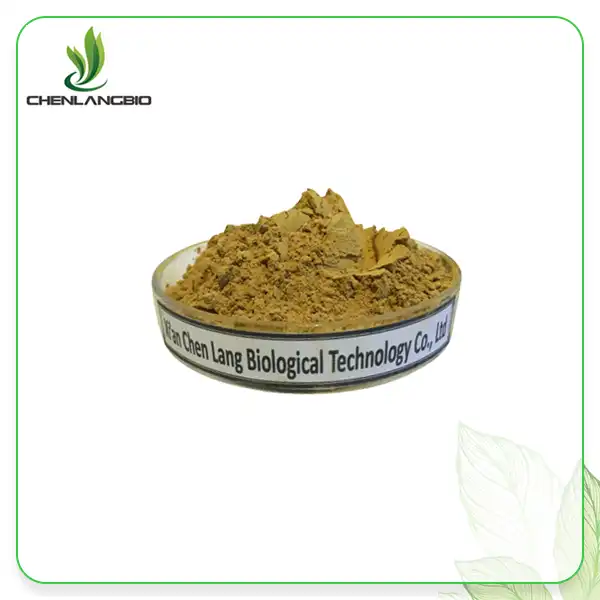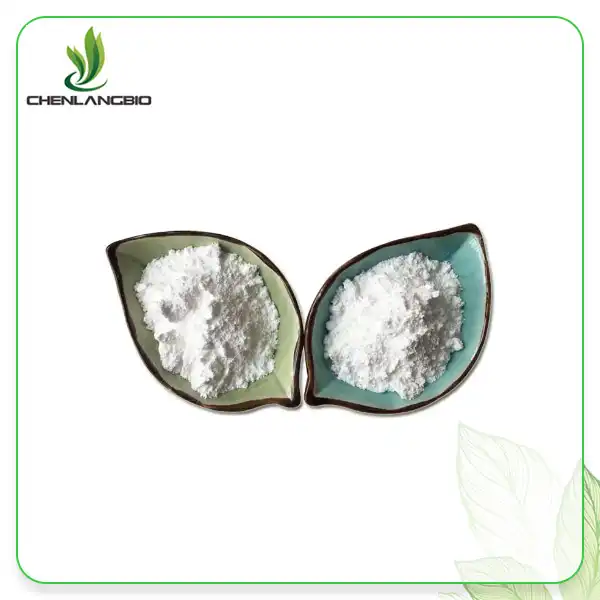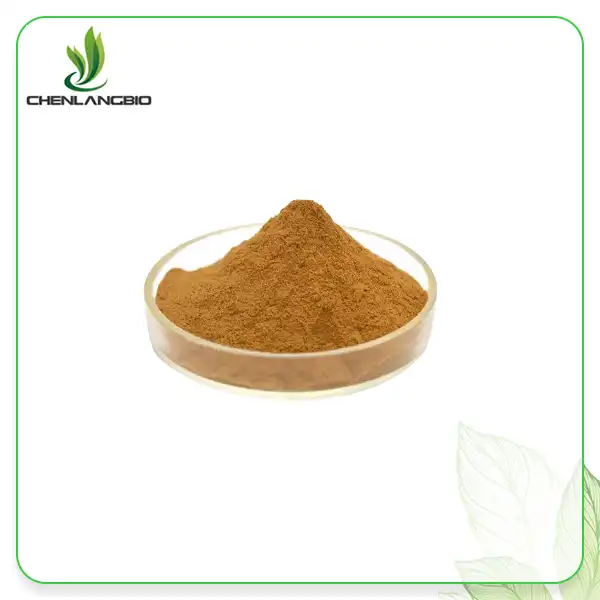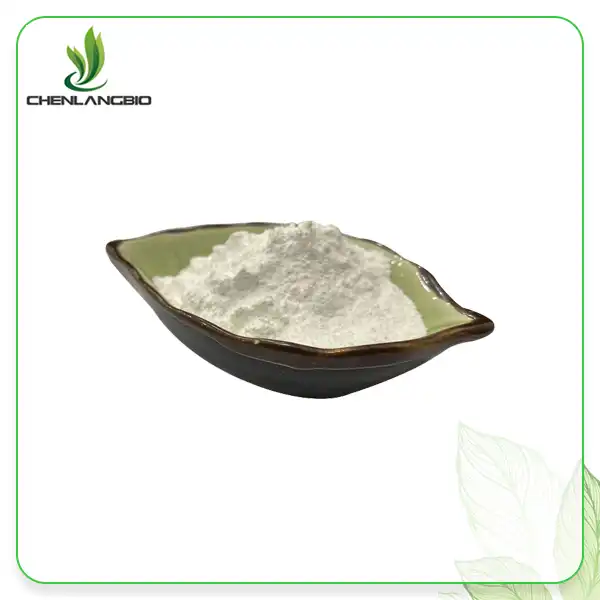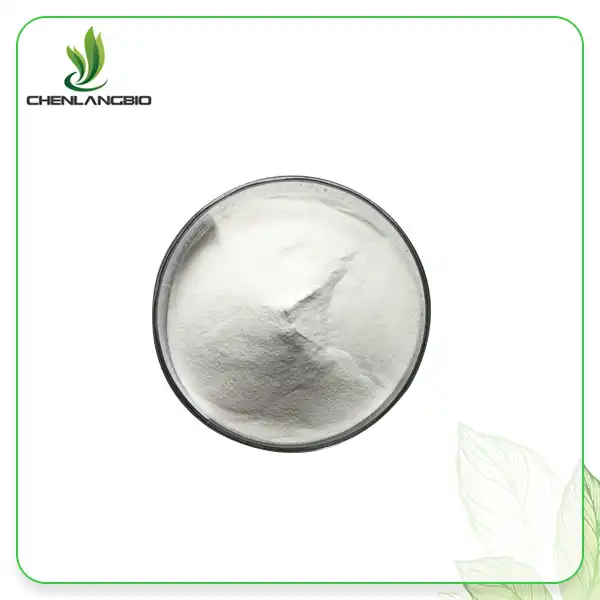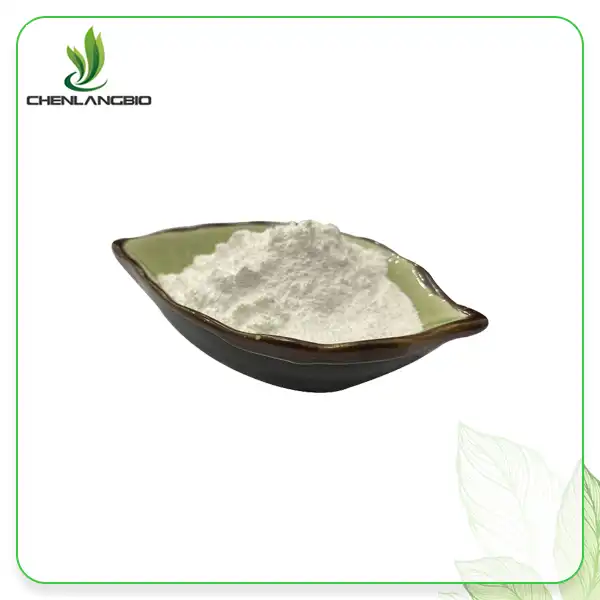How Much Green Tea Extract in Green Tea
2024-08-27 18:05:40
Because of the numerous health advantages it provides, green tea extract EGCG powder has grown in appeal as a vitamin. However, many people have questions about exactly how much of this powerful biological can be found in ordinary green tea. In this blog, we’ll explore the amount of Green Tea Extract EGCG Powder you can find in a cup of green tea, compare it to concentrated supplements, and discuss how to get the most benefits from both forms.
Understanding Green Tea and Its Extract
To appreciate the differences between green tea and green tea extract EGCG powder, it’s crucial to understand what each provides and how they compare.
What Is Green Tea?
Green tea is made from the leaves of the Camellia sinensis plant and is known for its delicate flavor and numerous health benefits. Unlike black tea, green tea is not fermented, which helps preserve its high concentration of antioxidants, particularly catechins.
Key Components:
Catechins: The primary antioxidants in green tea, including epigallocatechin gallate (EGCG), which is highly regarded for its health benefits.
Caffeine: Green tea contains caffeine, though less than coffee or black tea.
Tip: Choose superior pieces of green tea with a high quantity of catechins for optimum wellness benefits.
What Is Green Tea Extract EGCG Powder?
Green tea extract EGCG powder is a concentrated form of green tea, designed to deliver a higher dose of antioxidants, particularly EGCG. Made from green tea foliage, the powder delivers an enhanced form of the health-promoting compounds that make up normal tea.
Key Features:
High EGCG Concentration: The extract provides a concentrated dose of EGCG, often much higher than what is found in a cup of tea.
Convenient Form: Available as a powder, making it easy to incorporate into various foods and beverages.
Tip: To guarantee maximum efficacy and success, employ an expensive extract.
Comparing EGCG Levels in Green Tea and Extract Powder
The concentration of EGCG in green tea varies depending on several factors, including the type of tea, how it’s processed, and how it’s brewed. Comparing these levels with those in Green Tea Extract EGCG Powder can help you understand how much of this beneficial compound you’re getting from each source.
EGCG Content in a Cup of Green Tea
On average, a cup of brewed green tea contains about 30-50 milligrams of EGCG. This amount can vary depending on factors such as:
1.Tea Type: Different varieties of green tea have varying levels of EGCG. For example, matcha tends to have higher EGCG content compared to regular loose leaf or bagged teas.
2.Brewing Time and Temperature: Longer steeping times and higher temperatures can extract more EGCG from the tea leaves.
Tip: Steep green tea for 2-3 minutes at 175-180°F (80-82°C) to maximize EGCG extraction without making the tea too bitter.
EGCG Content in Green Tea Extract EGCG Powder
Green Tea Extract EGCG Powder is much more concentrated compared to regular green tea. Depending on the product, it can contain 100-500 milligrams of EGCG per serving. This high concentration makes the powder a potent supplement for those seeking higher doses of antioxidants.
Key Points:
High Potency: Particularly more EGCG can be gained from only a small amount of the material.
Customizable Dosage: Based on particular demands for medical goals, the powder provides precise application.
Tip: Adhere to the suggested dosage specified on the product label or seek individual guidance from a healthcare provider.
How to Get the Most Benefits from Both Forms?
Both green tea and Green Tea Extract EGCG Powder offer health benefits, but understanding how to use each effectively can help you maximize their potential.
Maximizing Benefits from Green Tea
Drinking green tea regularly can be part of a healthy lifestyle. To get the most out of your green tea:
1.Choose Quality Tea: Opt for high-quality loose leaf or matcha green tea with a high catechin content.
2.Brew Properly: Steep your tea at the right temperature and for the correct amount of time.
3.Drink Regularly: Incorporate green tea into your daily routine to enjoy its antioxidant benefits consistently.
Tip: Enjoy green tea as a part of your daily hydration routine to reap its cumulative benefits.
Maximizing Benefits from Green Tea Extract EGCG Powder
For those who prefer a more concentrated form or need a higher dose of EGCG, the extract powder can be highly effective. To use it effectively:
1.Follow Dosage Guidelines: Adhere to the recommended dosage to avoid excessive intake.
2.Mix into Foods and Beverages: Incorporate the powder into smoothies, shakes, or even baking recipes.
3.Monitor Your Intake: Be aware of your total EGCG consumption if using both green tea and extract powder.
Tip: In accordance with what happens and health goals, start with a lesser dose of the powder and raise it gradually as time passes.
Conclusion
A minor quantity of EGCG can be extracted from a single serving of green tea, but green tea extract EGCG powder moves a concentrated dose that may significantly boost your intake of this advantageous oxidant. You might improve your general state of mind and optimize the health benefits of both groups by being aware of their variations and using them effectively. The two approaches can be beneficial for your nutritional schedule, whether you choose the simplicity of a strong extract or the relaxing tradition of a warm cup of green tea. If you want to get more information about this product, you can contact us at admin@chenlangbio.com.
References
1.Yang, C. S., & Wang, X. (2018). EGCG and Antioxidant Benefits: A Review. Food Chemistry, 245, 125-135.
2.Lu, Y., & Zhang, W. (2017). Catechin Content in Green Tea and Its Effects. Journal of Nutritional Biochemistry, 45, 62-70.
3.Lambert, J. D., & Yang, C. S. (2013). Green Tea Polyphenols and Health. Journal of Nutritional Biochemistry, 24(7), 1275-1286.
4.Lee, M. J., & Lambert, J. D. (2020). Comparative Analysis of EGCG Content in Green Tea and Supplements. Journal of Functional Foods, 68, 104-113.
5.Hsu, C. H., & Huang, H. C. (2019). Health Benefits and Bioavailability of EGCG. Nutrition Reviews, 77(5), 371-382.
6.Nakamura, Y., & Matsuda, S. (2021). Green Tea Extract Potency and Effects. Journal of Dietary Supplements, 18(4), 200-210.
Send Inquiry
Related Industry Knowledge
- Understanding Bulk Dimethylmethoxy Chromanol for Skincare
- What Does Cetyl Tranexamate Do?
- Top-Rated Saccharomyces Ferment Lysate Products
- Top 5 Health Supplements Featuring Lupinus Albus Extract
- Is Camellia Oleifera Seed Oil the Same as Camellia Oleifera Seed Extract
- Is Camellia Oleifera Seed Extract Safe
- How Should Dimethylmethoxy Chromanyl Palmitate Be Applied
- Does Alpha-GPC Affect the Liver
- Can Bakuchiol Help With Acne
- What is Resveratrol Extract Powder Good for



